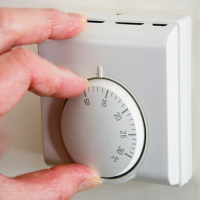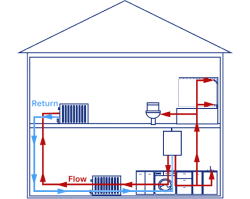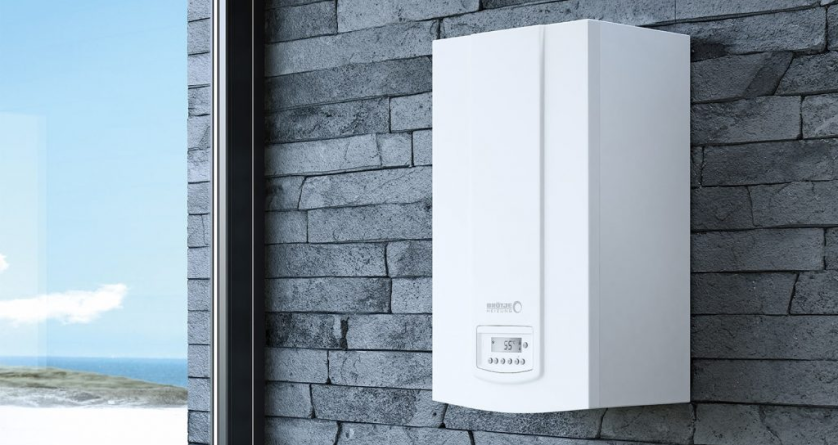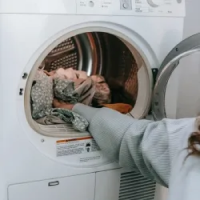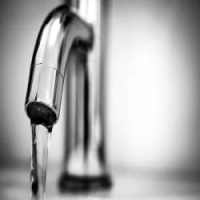Intro
There are several simple ways to save energy at home, like switching off stand-by appliances, avoiding your tumble dryer and spending less time in the shower. You could even learn to knit a cosy jumper. This guide will focus specifically on how you can save money on heating by exploring some more long-term hacks.
Recently, the UK government has introduced a £2500 cap on energy bills for two years. This cap is effective from October when households will also be offered a £400 grant to relieve some more pressure. Whilst these announcements are welcome, millions of homes will still struggle over the winter months.
One of the best ways to control your bills is to utilise a thermostat. According to Ovo Energy, the idea that it's cheaper to keep your heating on a constant low is a myth. Instead, you should only have it on when needed. You might also consider investing in a Smart Thermostat, which allows you to override your heating pattern from your phone, just in case you decide to go out last minute. The hotter you have your home, the more you'll be spending so ensure your thermostat is always a suitable temperature.
What Temperature to Set Thermostat in Winter?
How does a Thermostatic Radiator Valve Work?
What is a Combi Boiler?
How Does a Heat Pump Work?
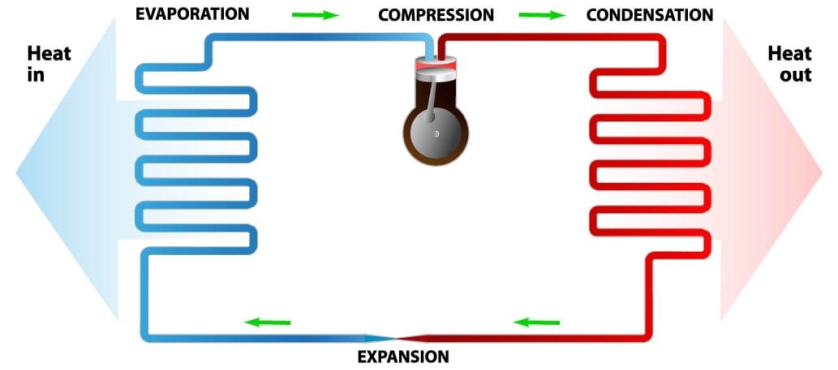
How to Save Water
There are a few appliances that you should be extra mindful of, particularly those that consume water.


